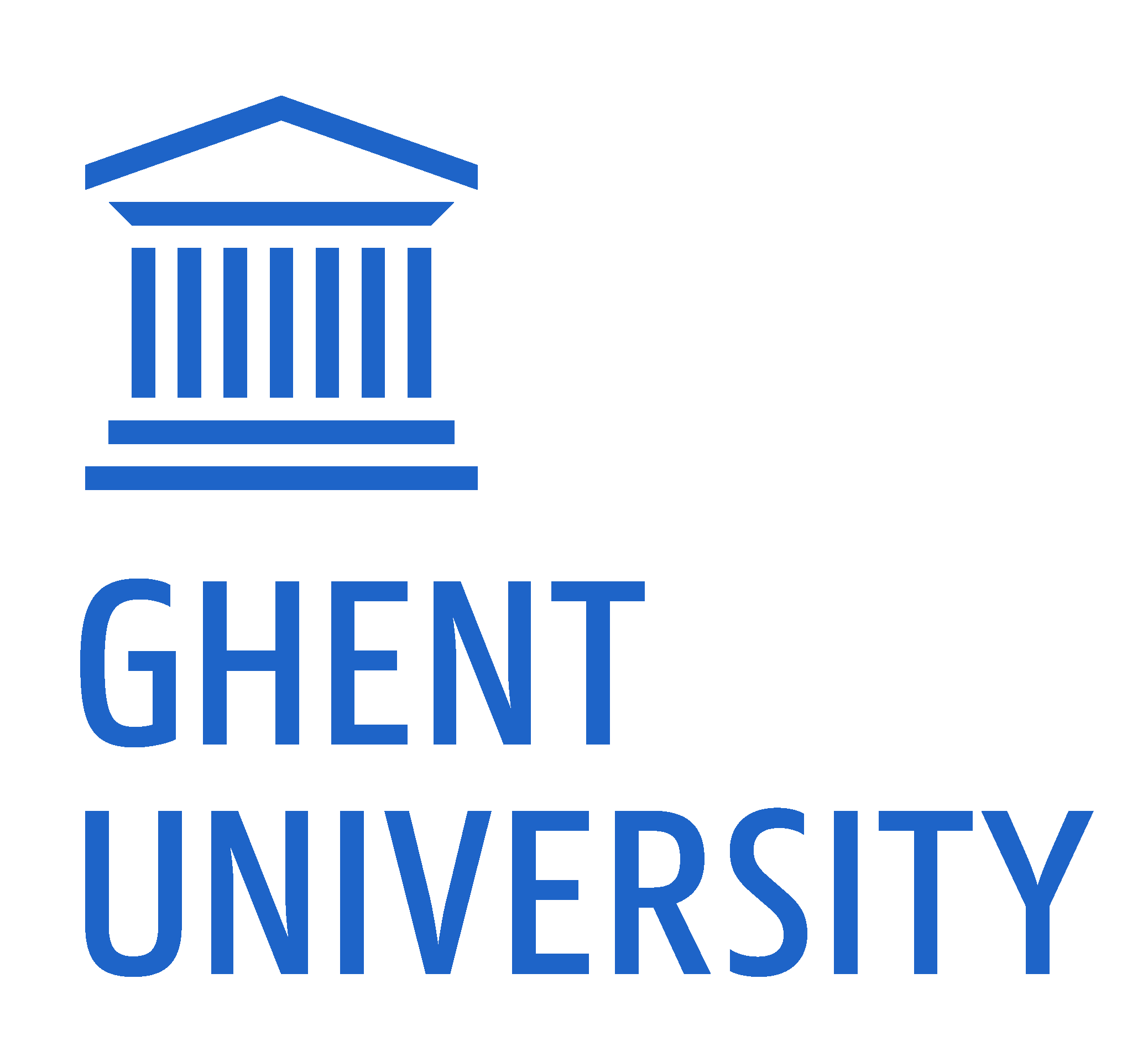We learned of 3 open PhD
positions for a five-year research project at Ghent University.
In the context of the GOA (Geconcerteerde
Onderzoeksactie) funding scheme of Ghent University, a five-year research
project will be launched in September 2022 by Professor
Frederik Buylaert (promotor-spokesperson), Professor
Thijs Lambrecht, Professor
Dirk Heirbaut and Dr Jim
van der Meulen (promotors). Bringing together the expertise of
historians and legal scholars, this project engages with the ongoing debate on
political economy in the Low Countries. For this project, 3 PhD positions are
available.
Project Description
From an international
perspective, the Low Countries are a natural laboratory of history in that this
patchwork of wildly divergent landscapes and societies saw the precocious
development of agrarian capitalism in some regions (esp. Coastal Flanders, the
Guelders riverlands, Holland) whereas other regions saw the persistence of
traditional peasant societies until the nineteenth century. Building on older
debates on coercive surplus-extraction vis-à-vis markets, historians have
speculated that the economic success stories of seventeenth-century Holland,
for example, are rooted in the relative absence of seigneurial (‘feudal’)
institutions that hampered economic development in most other parts of the Low
Countries and Europe. While increasingly influential since the 1990s, this
hypothesis has not yet received empirical scrutiny. The GOA-Project aims to
remedy this situation by pursuing three lines of enquiry:
- Assessing the relative distribution of seigneurial
institutions as a proxy for coercive surplus extraction in Flanders,
Hainaut, Holland, Zeeland, Brabant, and Guelders, an approach that proceeds
mainly from rich sets of feudal registers and pre-existing datasets (Work
Package 1; lead researchers: Buylaert, Heirbaut, van der Meulen).
- Calculating the nature and scale of seigneurial
surplus-extraction with detailed case-studies of seigneuries for which
serial accounts survive (Work Package 2; lead researchers: Lambrecht,
Buylaert, van der Meulen).
- Probing the regulatory constraints of seigneuries on
markets for capital, land and labour and how this intersected with the
growing involvement of the princely government. This line of enquiry
revolves around the cross-checking of extensive sets of seigneurial
regulations and ordinances issued by the administration of the
Burgundian-Habsburg Low Countries (Work Package 3; lead researchers:
Heirbaut, Lambrecht, van der Meulen).
A PhD student will be working in
each of these Worck Packages. The PhD students will also be enrolled in
the training programme of the Posthumus Institute, the
Research School for Economic and Social History in the Netherlands and
Flanders.
Applications
Applications are due by
31 July 2022; interviews of selected candidates has been scheduled for 12
August 2022. Applications should be sent by e-mail to Professor
Frederik Buylaert. Full details are to be found in the full description (in
pdf; see button below).
All info for the PhD positions here
All info for the Postdoc positions
here
(Source: Posthumus
Institute)


No comments:
Post a Comment